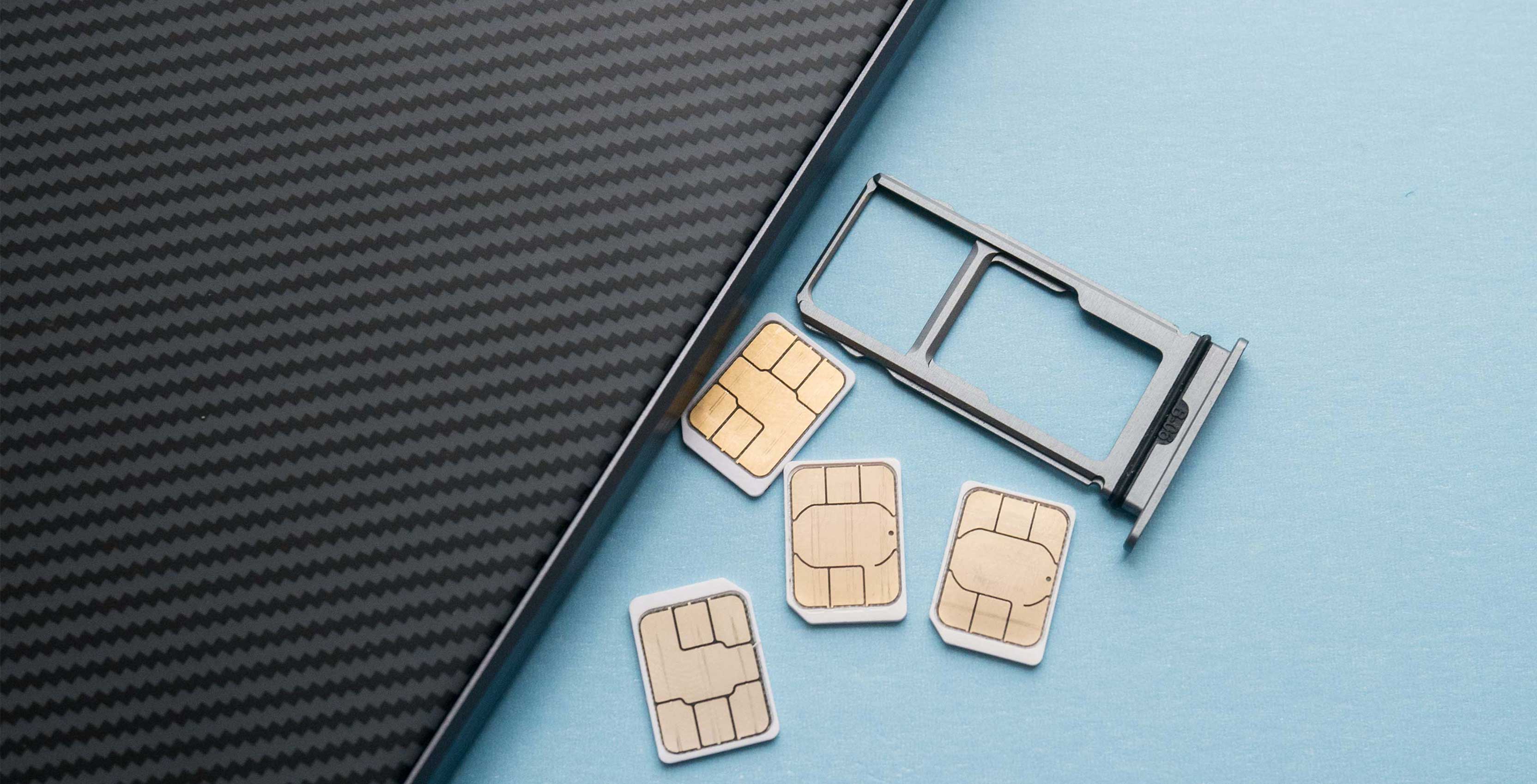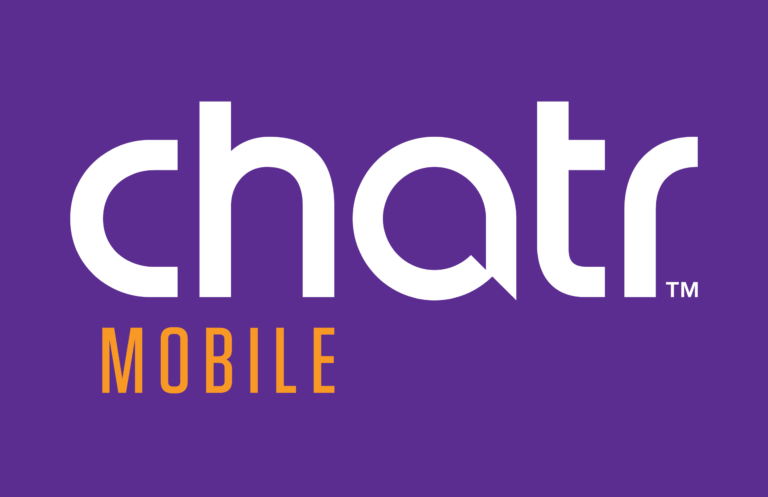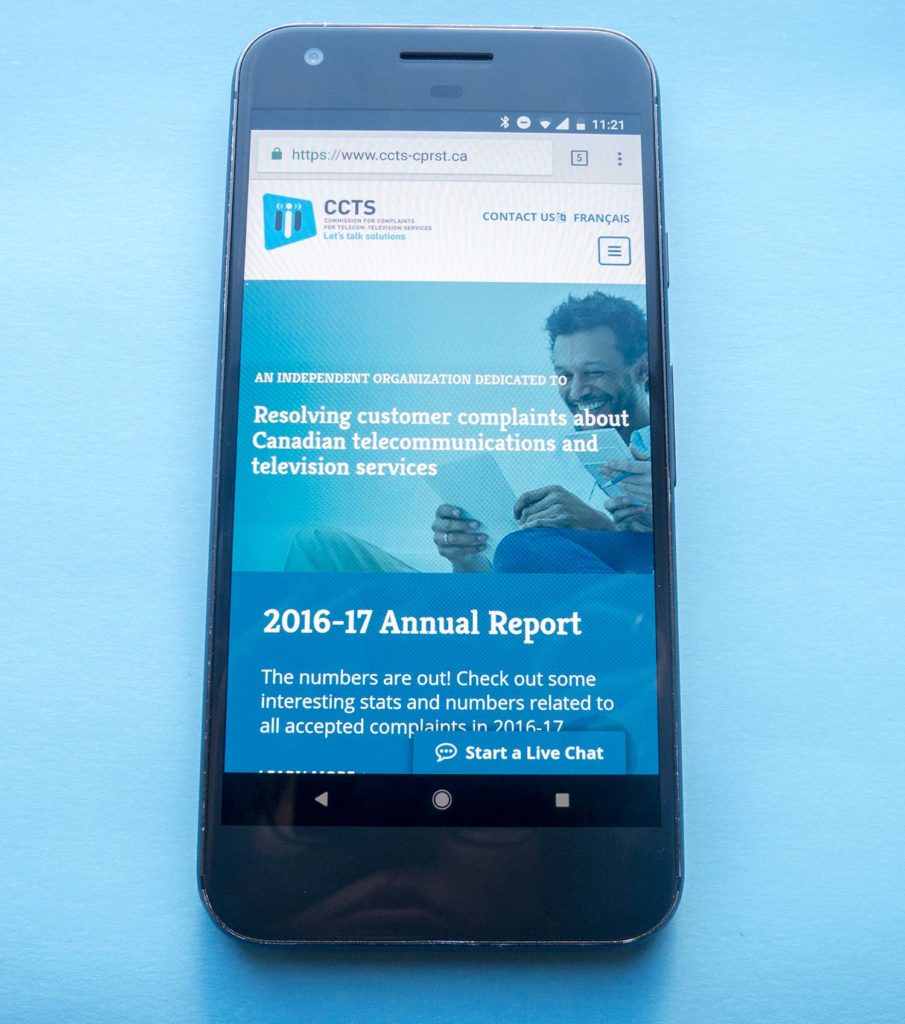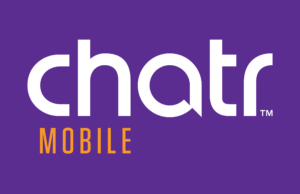
The ban on locking fees was, without a doubt, the most significant change to Canada’s Wireless Code announced this June.
The fee, currently $50 CAD at Rogers, Bell and Telus, was labeled “toxic revenue” by Freedom Mobile during the Canadian Radio-television and Telecommunications Commission’s (CRTC) review of the Wireless Code in March, and was denounced by consumer advocacy groups, including the Public Interest Advocacy Group (PIAC) and National Pensioners Federation.
On June 15th, the CRTC came out with its Wireless Code revisions and officially ruled that there would be no more carrier-locked phones as of December 1st, 2017. Specifically, the CRTC ruled that customers who own locked devices would be entitled to free unlocking upon request beginning on that date, while all newly purchased devices would have to be be sold unlocked.
At the time, the CRTC’s then Chairman, Jean-Pierre Blais, said that his only regret was not making the decision sooner.
“Frankly, that’s one case where I think my gut was telling me we probably should’ve forced unlocking,” said Blais, in an interview with the Financial Post. “It would’ve helped three years sooner, a more dynamic marketplace.”
Now that we’re approaching the day the ban comes into effect, MobileSyrup has reached out to stakeholders from the Canadian wireless industry — from carriers to industry activists and analysts — to nail down key details.
Which carriers will actually sell all devices unlocked and which will sell locked devices with instructions? How will the unlocking process work for the various carriers? What does this mean for roaming? What might this do for wireless competition in Canada?
Read on to find the answers.
The breakdown
A new ban on unlocking fees is coming into force on December 1st in Canada
Canada’s telecom commission mandated all new phones must be sold unlocked, and all locked phones must be unlocked at no charge
Previously, carriers locked phones to their networks
If customers wanted to switch to another carrier’s network, they had to pay a fee of around $50
Canada’s telecom commission mandated the ban to encourage competition
It also allows for Canadians to more easily purchase and use roaming SIMs or SIMs from international carriers
Some carriers are still selling out stock of locked phones, but will provide instructions for free unlocking at point of purchase
Carrier unlocking processes and opinions
MobileSyrup sought comment from all major Canadian carriers on the subject of the unlocking fee ban, requesting information on customer awareness methods, the unlocking process and whether all devices will be sold unlocked.
All carriers espoused confidence that their services were robust enough to guard against customer or roaming fee loss and Freedom Mobile — one of the main instigators of the change — indicated it was anticipating some new activations from current customers, stating: “Our customers now benefit from being able to bring their unlocked phones to our network.”
It should be noted, however, that Freedom Mobile’s LTE network is still largely comprised of Band 66 LTE spectrum, which isn’t compatible with most devices released in North America before 2016. The carrier is working on adding more broadly-supported LTE spectrum to its network, with the Greater Toronto Area expected to be fully upgraded by Spring 2018.
Find details on the unlocking process and communication strategies from the various carriers below.
Note: Since publication, readers have asked if they can still get their phones unlocked if they are no longer a customer with a particular carrier. MobileSyrup has reached out to carriers for response.
So far, Bell has responded, stating: “We will unlock Bell devices for current and former customers with accounts in good standing. The device cannot have been reported as lost or stolen.”
The information is echoed on its new unlocking support page.
Telus’ support page states devices eligible for unlocking are locked to the Telus network and not flagged as lost or stolen.
Rogers’ page says it can only unlock devices “directly purchased from Rogers.”

Rogers
Customer awareness: “Customers will be notified of the change through a bill message (which will include a link to the CRTC Consumer checklist) and updates will be made to the Rogers, Fido and Chatr websites.”
Unlocking process: “Customers who have any questions about the changes to the Wireless Code or who currently have a device they would like unlocked can feel free to contact us directly.”
Will all devices be sold unlocked? “For devices in our inventory that remain locked, we will provide a sticker on boxes with instructions on how to unlock the device, including the code.”

Fido
See Rogers’ response.

Chatr
See Rogers’ response.

Telus
Unlocking process: “If customers have a locked TELUS or Koodo device, they can call us to have it unlocked at no charge; if they are visiting one of our stores, a TELUS team member will provide them with instructions on how to have their devices unlocked.”
Will all devices be sold unlocked? “Since early November, the majority of the devices we have sold have been unlocked, including the Essential Phone, Google Pixel 2, iPhone 8/8 Plus and iPhone X.”

Koodo
See Telus’ response.
Public Mobile
Public Mobile doesn’t sell devices anymore, but for older devices, refer to Telus’ response.

Bell
Unlocking process: “As of December 1, Bell customers can request to have their device unlocked for free through the MyBell app or by contacting Client Care. Customers will be provided with an unlocking code and instructions specific to their device, generally within a couple of hours.”
Will all devices be sold unlocked? “All new devices sold by Bell will be unlocked or come with unlocking instructions.”

Virgin Mobile
See Bell’s response.

Freedom Mobile
Will all devices be sold unlocked? “We began selling a variety of unlocked devices to customers in September.”

Vidéotron
Customer awareness: “We will continue to communicate with our clients in the same way as we currently do: through social media, web, and our customer service agents.”
Unlocking process: “It’s the same process as today. The customer can reach us by phone via our customer service or visit any of our retail outlets.”
Will all devices be sold unlocked? “We are aligned to meet the CRTC’s December 1st deadline. Upon this date, all devices will be sold unlocked.”

Eastlink
Customer awareness: “At the point of purchase, we will make it clear to our customers that the device they are purchasing is unlocked (or in some cases, comes with an unlock code). We will also include a message on customers’ bills that references the Wireless Code, informing them of their rights under the code.”
Unlocking process: “Customers can either call our Customer Care line or visit one of our retail locations. Of course, they no longer have to pay an unlocking fee, which Eastlink implemented earlier this month.”
Will all devices be sold unlocked? “Every Eastlink device will either be unlocked or come with an unlock code on December 1, at no cost to the customer.”

BellMTS
See Bell’s response.

SaskTel
Customer awareness: “SaskTel is taking a proactive approach to educate our customers on the changes to the Wireless Code. In December, all wireless customers will receive either an email or letter from SaskTel describing the upcoming Wireless Code changes. Bill messages and bill inserts will also be included with all December wireless bills. In addition, we have information about the changes to the Wireless Code on our website at www.sasktel.com/wirelesscode.”
Unlocking process: “As of November 28, customers who have already purchased locked devices from SaskTel can request their unlock code at any SaskTel Store or Authorized Dealer, by calling 1-800-SASKTEL or online, via our SaskTel Support chat, free of charge.”
Will all devices be sold unlocked? “Beginning November 28, all SaskTel devices sold will either be unlocked out of the box or SaskTel will provide the customer the means to unlock the device at time of purchase.”
A whole new roaming landscape
While the unlocking fee ban was put in place largely in hopes of stimulating more competition in the Canadian wireless market, it also gives consumers easy and inexpensive access to more roaming options. With an unlocked device, customers of Canadian telecoms can purchase prepaid or tourist plans from foreign telecoms when travelling, or use a dedicated roaming SIM, like the ones sold by KnowRoaming or Wraptel, among others.
The two roaming companies mentioned above are Canadian, and both told MobileSyrup they’re excited about the change.
“I’m looking forward to when all Canadians can take advantage of the benefits of unlocked phones,” said Wraptel CEO Pat DiNunno. “It’s long overdue.”
KnowRoaming CEO Gregory Gundelfinger echoed that sentiment, adding that there’s some confusion over what unlocking means among most consumers currently.
“I get asked all the time if this breaks your device, or voids some sort of warranty—the answer is no,” says Gundelfinger.
“Telcos simply request the device manufacturer to lock the phone with software to ensure the phone the telco sells can only be used on their network, unlocking brings the device back to its original state. Locking phones has always been an effective way for carriers to reduce churn and keep mobile costs high. Globally, locking phones has been deemed as an anti-competitive practice. Canada and the USA have been behind the rest of the world in enforcing this pro-consumer policy.”
Comment from the consumer groups
Interestingly enough, consumer groups aren’t immediately concerned about the implementation of the updates on the part of the carriers.
Cynthia Khoo acts as counsel for digital rights advocacy group OpenMedia. She also served as counsel for the Forum for Research and Policy in Communications — one of the groups that lobbied the CRTC to revise the Wireless Code in the first place.
Not only does Khoo believe that the Wireless Code revisions are great news for consumers, she’s also not terribly worried about carrier implementation.
“It seems like it’s excellent news for consumers,” said Khoo, in a phone interview with MobileSyrup. “This is something that has been a thorn in consumers’ sides for a long time.”
Granted, Khoo does have some reservations about customers recognizing that “not all service providers’ networks are created equal.”
“This is something that has been a thorn in consumers’ sides for a long time.”
Cynthia Khoo, OpenMedia

“If you’re with Provider A and you have a certain device and you decide you want to leave Provider A to go to Provider B, I certainly recommend you speak to Provider B before you a make a move and tell them what kind of device you have and make sure it’s compatible with the new provider’s network,” said Khoo.
Howard Maker is the head of the Commission for Complaints for Telecom-Television Services (CCTS). It’s the federal agency that serves as the CRTC’s complaints department. Canadians can submit formal complaints to the CCTS in the event that Canadians telecom service providers have infringed on existing laws, have failed to adequately explain services to customers, or have simply made a mistake that needs rectifying.
Even Maker doesn’t expect the Wireless Code updates to generate a deluge of complaints.
“I think the new requirements under the Wireless Code as of December 1st are pretty clear,” said Maker, in a phone interview with MobileSyrup. “I haven’t seen any indication that the service providers don’t understand them.”
However, Maker did state that “any new requirement is subject to interpretation,” suggesting that a potential issue with the implementation of the new Wireless Code will come down to a matter of adhering to the letter of the new regulations versus acknowledging the spirit of the new rules.
“We know that some of these wireless providers are huge businesses and so the regulatory guys look at it and pass along information to the business unit and the business unit passes informaiton down the food change to the frontline agents, and sometimes messages get mixed or blurred from the top of the house to the bottom,” said Maker.
John Lawford, a representative for the Public Interest Advocacy Centre (PIAC), has his own reservations. While he thinks the Wireless Code update is ultimately a good thing for customers, he’s not convinced that carriers will fully uphold their end of the bargain.
“There will for sure be problems,” said Lawford, in an interview with MobileSyrup. “I’m very doubtful that it’s going to be a smooth experience.”
“There will for sure be problems. I’m very doubtful that it’s going to be a smooth experience.”
John Lawford, PIAC
Lawford is concerned that carrier customer service representatives will not be able to handle the influx of customers looking to unlock their devices on December 1st, 2017. He’s also concerned that carriers will enforce their own unlocking policies.
“Like, well we don’t unlock that [phone] or you gotta talk to the [original equipment manufacturer], you gotta… come down to the actual office in the shopping mall and we’ll unlock it there,” said Lawford. “Something inconvenient, rather than just doing it on the phone or over the internet like you should be able to.”
There’s also the issue of the roughly $37 million that carriers are expected to lose now that they won’t be able to charge unlocking fees. Lawford, Khoo and Maker all emphasized that they weren’t prepared to speculate on how precisely carriers will recoup those losses.
“The answer is I don’t know,” said Maker. “Each wireless provider is their own business, has its own business model, [and] will feel the impact of this lost revenue in different amounts. There’s no way that I can predict what any particular provider would do. I wouldn’t even guess.”
Lawford specified that the $37 million is not an especially large sum for Canada’s carriers.
“I don’t know if the revenue lost is so terribly big that they’ll try to make it up elsewhere,” said Lawford. “Most of the revenue comes from overage fees, that’s why you see Telus and Rogers resisting changing their billing practices… I think unlocking was $37 million, that’s chicken feed for the Big Three.”
More than just unlocking fees
The unlocking fee ban news is certainly exciting, but the upcoming Wireless Code update is about more than just unlocking fees.
Carriers have also been tasked with making sure that consumers have a better understanding — and greater control — over their data buckets. Canadians with certain accessibility needs will also be allowed to use up their full voice, text and data allotments during an extended 30-day trial period. Additionally, all Canadians will have access to half of their wireless plans talk, text and data buckets during an initial 15-days trial period.
However, two carriers — Rogers and Telus — have already submitted extension applications to the CRTC in order to have more time to implement the CRTC’s data overage rulings. The CRTC has yet to rule for or against the extension, which means that there remains a possibility that neither Rogers nor Telus will be able to fully implement the Wireless Code updates on December 1st.
MobileSyrup asked the CRTC for comment on the updated Wireless Code. The commission said that carriers are expected to implement the updates by the predetermined date.
On the subject of the Rogers and Telus extension, the CRTC said that it is not prepared to comment on ongoing discussions.
For most consumers, however, December 1st can’t come quickly enough. After all, the CRTC’s decision is perhaps one of the most pro-consumer stances taken by the commission under former CRTC chairperson Jean-Pierre Blais.
At the very least, it’s a sign that Canada’s telecom market can shift in a way that works for consumers.
Other Wireless Code changes
The account holder must — by default — be the one who consents to data overage and data roaming beyond the established caps of $50 for data overage and $100 for roaming
Data overage and roaming caps apply on a per account basis, regardless of the number devices on the account
All Canadians have access to half of their plan’s talk, text and data buckets during 15-day trial period
Canadians with accessibility needs have access to full voice, text and data buckets for 30-day trial
MobileSyrup may earn a commission from purchases made via our links, which helps fund the journalism we provide free on our website. These links do not influence our editorial content. Support us here.









